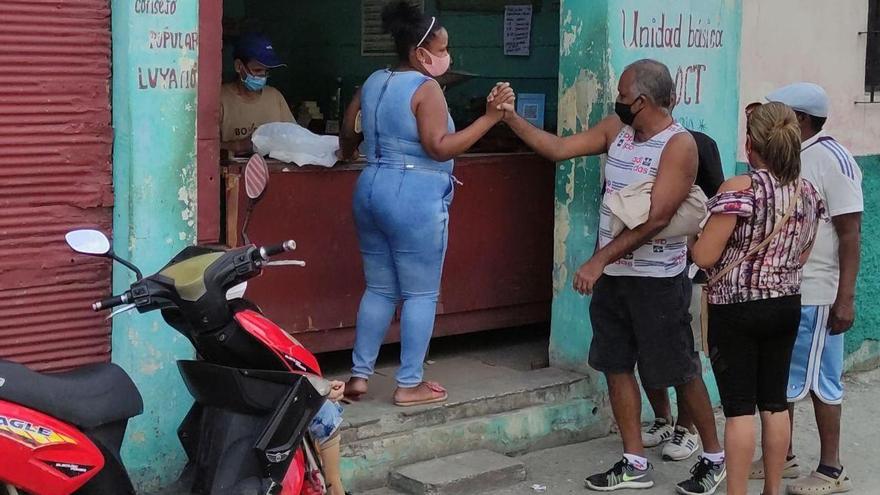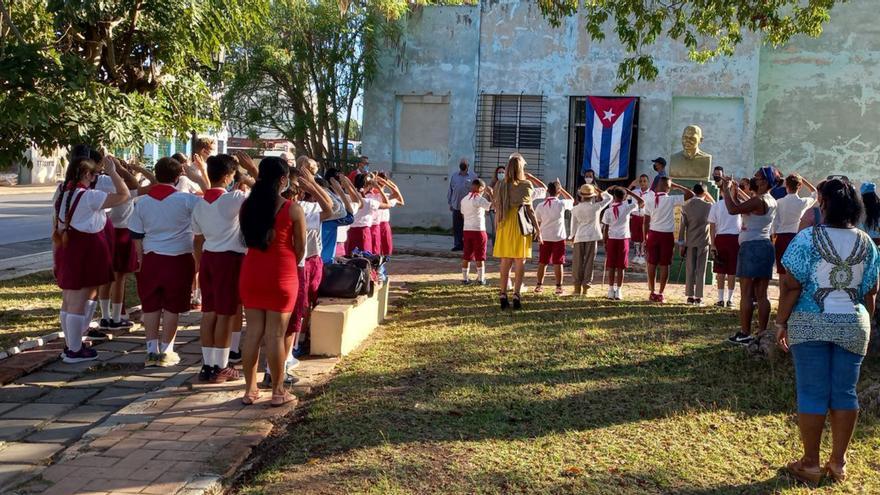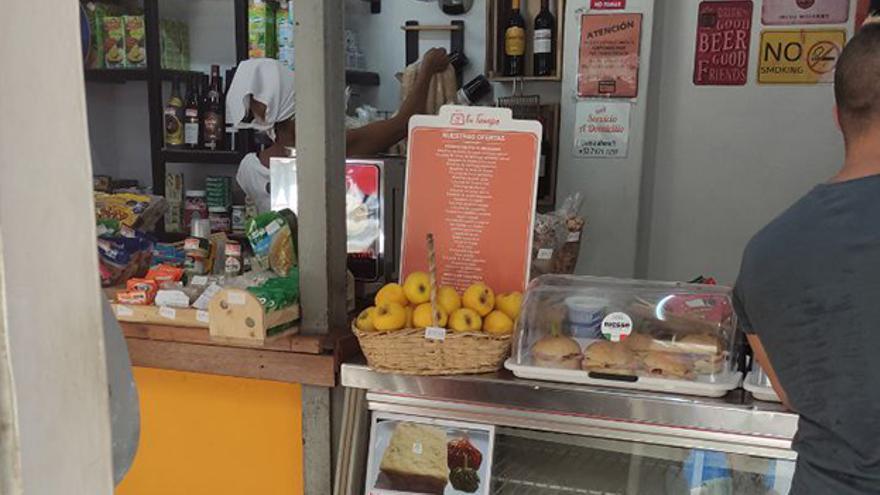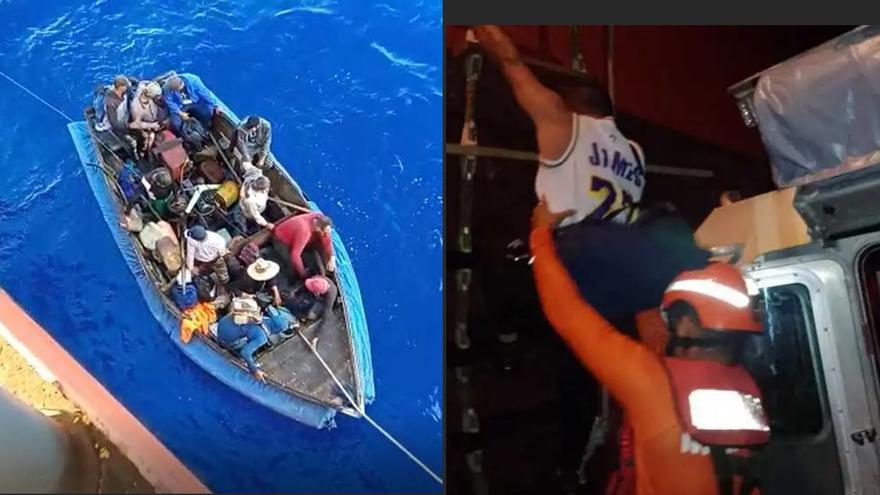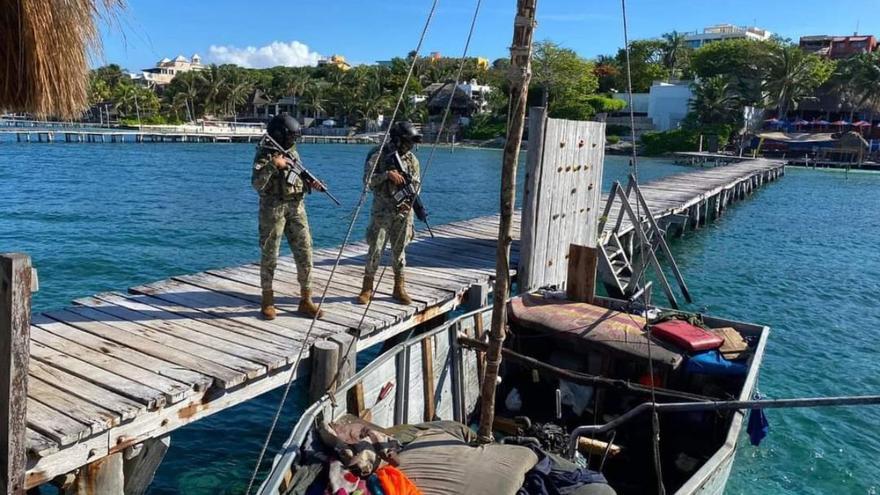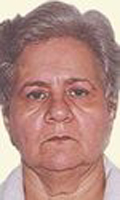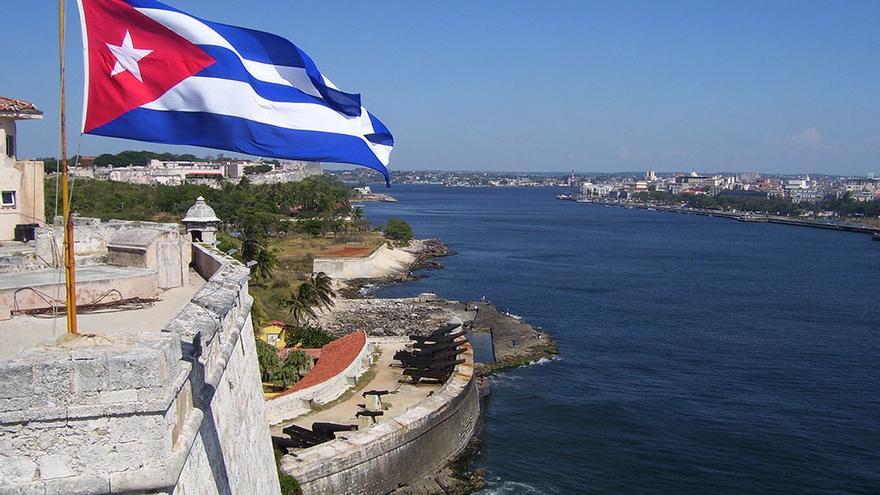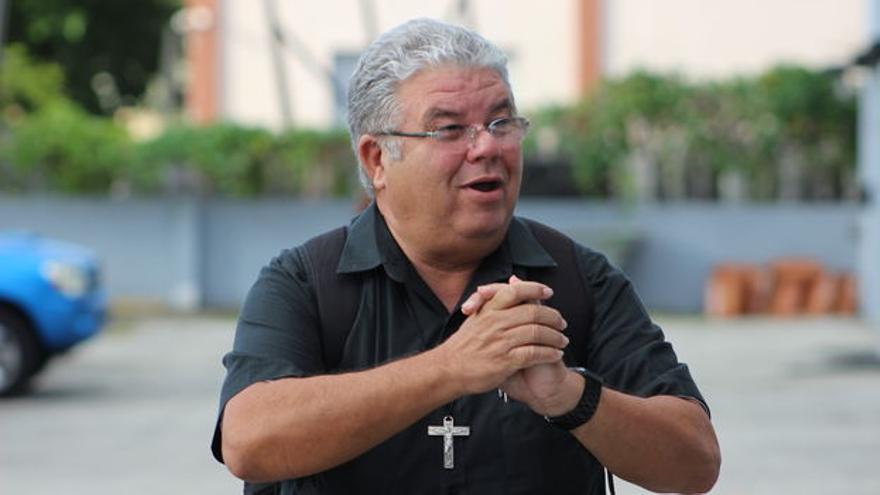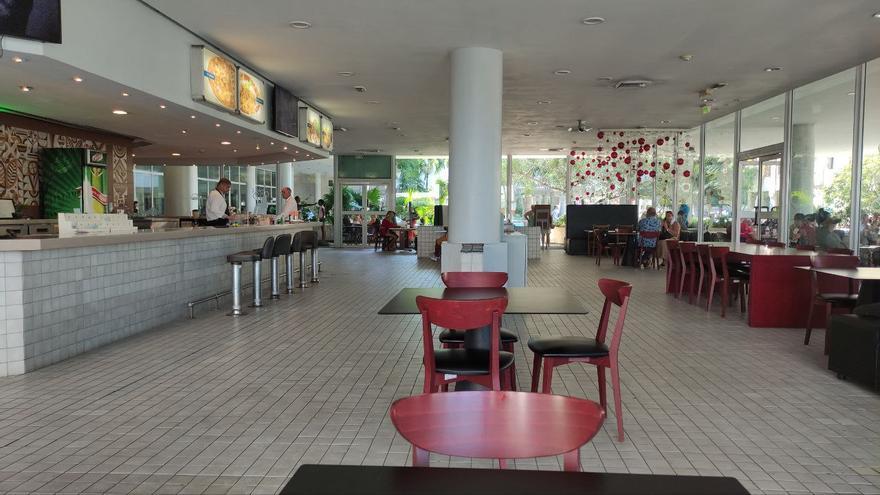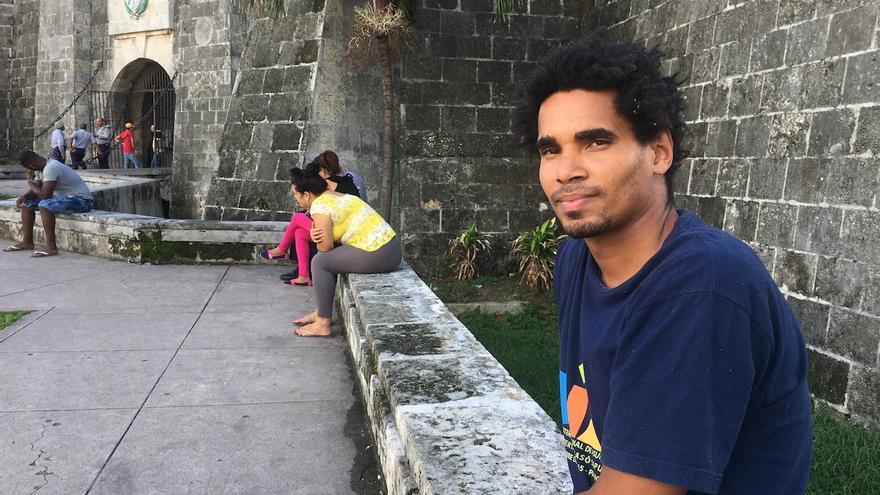
![]() 14ymedio, Pedro Corzo, Miami, 10 September 2022 — The Cuba Broadcasting Office (OCB), which groups together Radio and Television Martí and its website, Martí Noticias, is facing serious problems to survive, since the administration of President Donald Trump drastically reduced its budget. President Joe Biden has not considered increasing it and, according to some, would welcome its closure, as the Cuban dictatorship has always demanded.
14ymedio, Pedro Corzo, Miami, 10 September 2022 — The Cuba Broadcasting Office (OCB), which groups together Radio and Television Martí and its website, Martí Noticias, is facing serious problems to survive, since the administration of President Donald Trump drastically reduced its budget. President Joe Biden has not considered increasing it and, according to some, would welcome its closure, as the Cuban dictatorship has always demanded.
Due to the lack of resources, the transmission has been reduced to 12 hours a day and it is unknown to what levels it will decrease after planned Reduction in Force (RIF) has been implemented, which would drastically affect the already small workforce, of just over 60 people, possibly affecting 23.
At a time when the situation in Cuba is especially convulsive and the population, particularly activists, need to communicate with each other, the decrease in the operations of these media is harmful, because their listeners have a high confidence in what they hear from them, which protects them from falling into provocations, a common practice of the dictatorship.
Beyond any other consideration, the work carried out by the OCB has been highly beneficial for the people of Cuba and in particular for the opposition to the totalitarian regime. I confess to being proud of having had the opportunity to work for 23 years at Radio Martí. continue reading
I joined leading the station with Herminio San Román and Roberto Rodríguez Tejera. Two notable journalists were directing news, Gilberto Rosal and William Valdez. The four were committed to truthfully informing the Cuban people, to assisting all the opponents on the island, and to ensuring that the news and analysis were based on reality. Everyone was deeply hurt by the situation in Cuba and we were striving to get truthful information to the island.
The stations have always worked according to the guidelines of the federal government, which are very rigid as far as information is concerned, measures that we may or may not like as Cubans, but that are established for all the media controlled by the Government.
Unfortunately, there has been no shortage of people who for different reasons have severely criticized the station. It is true that there have been mistakes and mismanagement, that it has been possible to do things better, but that does not detract from the OCB’s many achievements in favor of informing the Cuban people and serving as a liaison to those who fight for freedom in the interior of the island. We must not forget that the iron Castro censorship makes it practically impossible for what happens at one point on the island to be known a few kilometers away.
The vast majority of workers are talented, information professionals who take their work very seriously, and are governed by very strict reporting standards that must be faithfully adhered to. I assure you, without any reservation, that objectivity in the information is fundamental, and editorializing in a news story, regardless of the orientation, is rejected. I learned about cases of colleagues separated from their duties, in my opinion, after no serious transgressions, because a supervisor in Washington interpreted a report or a program with too much zeal.
Periodically, from the central office in Washington, which coordinates all the communication offices of the federal government, officials travel to give seminars to refresh old guidelines or point out new provisions. It should not be forgotten that the OCB is an agency of the United States Government, which acts on the basis of the provisions of the officials designated to direct it, and these do not always support the existence of the station, or simply do not sympathize with its programming.
The OCB, in my opinion, is in danger of dying from consumption. If the readjustment takes place, they will have to reduce more hours, so I wonder: will the organizations in exile continue to remain silent in the face of the slow death of Radio Martí? More importantly, will the Cuban-American congressmen who defended these entities for decades simply attend their funeral without striving to resurrect it, as Ileana Ros-Lehtinen would without even being a representative of the House? I repeat, there have been bad officials, but repeating to the late colleague Cristina Sansón: “Where is the mission and commitment to Cuba?”
The OCB is an important instrument to help totalitarianism disappear on the island, in addition, it is very useful to continue defending freedom and democracy throughout the hemisphere. Let’s do something.
Translated by Regina Anavy
____________
COLLABORATE WITH OUR WORK: The 14ymedio team is committed to practicing serious journalism that reflects Cuba’s reality in all its depth. Thank you for joining us on this long journey. We invite you to continue supporting us by becoming a member of 14ymedio now. Together we can continue transforming journalism in Cuba.

